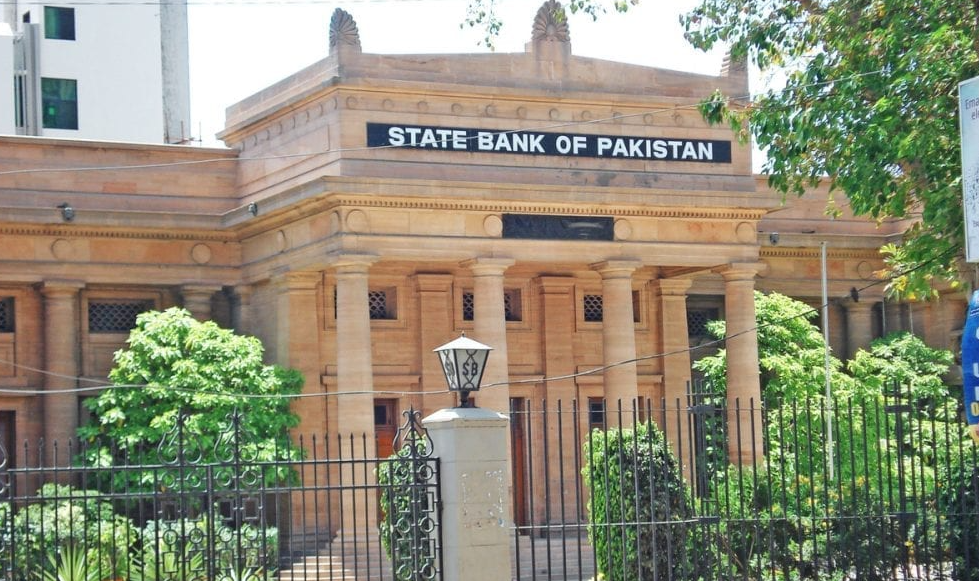In today’s fast-paced global economy, understanding the role and functions of a country’s central bank is essential. In this article, we will delve into the Czech Republic National Bank, also known as the Czech National Bank (CNB). This comprehensive guide will provide you with insights into its history, functions, importance, and more.
The Czech Republic National Bank, or Czech National Bank (CNB), is the central bank of the Czech Republic. Established in 1993 following the dissolution of Czechoslovakia, the CNB plays a pivotal role in the country’s economic stability and growth. Let’s embark on a journey to uncover the key aspects of this important institution.
Historical Overview of Czech Republic National Bank
To understand the CNB’s significance, it’s crucial to look back at its history. The CNB’s roots can be traced to the early 20th century when it operated as the Austro-Hungarian Bank’s Czechoslovak branch. After World War I, Czechoslovakia gained independence, and in 1926, the Czechoslovak National Bank was established, serving as the country’s central bank.
The Role of Czech Republic National Bank
Monetary Policy
One of CNB’s primary responsibilities is formulating and implementing monetary policy. Through its decisions on interest rates and other monetary tools, the CNB aims to maintain price stability and support sustainable economic growth.
Currency Issuance
The CNB is responsible for issuing the Czech Republic’s national currency, the Czech Koruna (CZK). This role involves managing the circulation of banknotes and coins to ensure the smooth functioning of the economy.
CNB’s Impact on the Economy
Inflation Control
Price stability is a key focus for the CNB. By controlling inflation, the bank aims to safeguard the purchasing power of the CZK and create a favorable environment for businesses and consumers.
Financial Stability
The CNB also plays a critical role in maintaining the stability of the financial system. It monitors and regulates financial institutions to prevent crises and protect the interests of depositors and investors.
CNB’s Relationship with the European Central Bank (ECB)
As a member of the European Union, the Czech Republic has a close relationship with the European Central Bank. While not part of the Eurozone, the CNB cooperates with the ECB on various monetary and financial matters.
CNB’s International Reserves
The CNB manages significant international reserves, including foreign exchange reserves and gold. These reserves are vital for ensuring the stability of the CZK and supporting the country’s international trade.
Supervision of Financial Institutions
The CNB oversees banks, insurance companies, and other financial institutions operating in the Czech Republic. This regulatory role is essential for maintaining the integrity of the financial sector.
Czech Republic National Bank’s Governing Structure
Governor and Board of Directors
The CNB is led by a Governor, who is appointed by the President of the Czech Republic. The Governor works alongside a Board of Directors to make crucial policy decisions.
Monetary Policy Committee
The Monetary Policy Committee, part of the CNB’s structure, plays a pivotal role in setting interest rates and implementing monetary policy.
CNB’s Contribution to Economic Growth
The CNB’s policies and actions have a direct impact on the Czech Republic’s economic growth. By maintaining a stable economic environment, the CNB supports businesses, investment, and job creation.
Czech Republic National Bank’s Monetary Tools
Interest Rates
The CNB uses interest rates as a tool to influence borrowing costs, investment, and consumption. These rates are adjusted to align with the bank’s monetary policy objectives.
Open Market Operations
Open market operations involve buying and selling government securities to manage the money supply and influence interest rates.
Czech Republic National Bank: Regulatory Framework
Banking Regulations
The CNB enforces strict banking regulations to ensure the safety and soundness of the banking sector. These regulations cover capital requirements, risk management, and consumer protection.
Financial Market Supervision
In addition to banks, the CNB supervises financial markets to detect and prevent market abuse, fraud, and other illicit activities.
CNB’s Publications and Research
The CNB is committed to transparency and knowledge sharing. It regularly publishes research papers, reports, and economic forecasts to keep the public informed about its activities and decisions.
FAQs About Czech Republic National Bank
- What is the main objective of the CNB?
The CNB’s primary goal is to maintain price stability in the Czech Republic.
- How does the CNB impact interest rates?
The CNB adjusts interest rates to influence borrowing costs and control inflation.
- Is the CNB part of the Eurozone?
No, the Czech Republic does not use the Euro as its currency, but it cooperates with the European Central Bank.
- What role does the Monetary Policy Committee play?
The committee is responsible for setting interest rates and implementing monetary policy.
- How does the CNB contribute to economic growth?
By ensuring a stable economic environment, the CNB supports businesses and investment, driving economic growth.
Conclusion
In conclusion, the Czech Republic National Bank, or Czech National Bank (CNB), is a vital institution in the Czech Republic’s economic landscape. Its multifaceted roles, from monetary policy to financial stability, have a profound impact on the country’s prosperity. By maintaining price stability and ensuring a sound financial sector, the CNB plays a pivotal role in the Czech Republic’s continued growth and stability.
References
- Czech National Bank (CNB) Official Website: https://www.cnb.cz/en/
- Czech National Bank Act: https://www.cnb.cz/en/corporate/about-the-cnb/history/legal-framework-of-the-cnb/czech-national-bank-act/
- European Central Bank (ECB): https://www.ecb.europa.eu/

